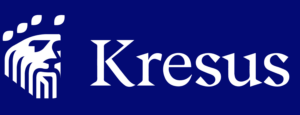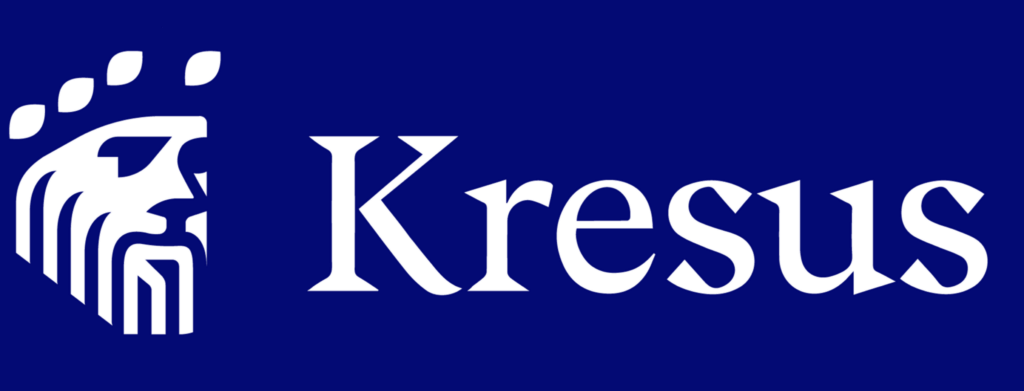The “Ripple Effect” and the Future of Crypto Regulation: How Kresus is Paving the Way for Mainstream Adoption
Let’s face it – crypto needs more regulation to fully unlock its potential, so new and exciting projects like Kresus have the stability to thrive in this uncertain industry. Here at Kresus, we’re doing our part to make that happen by adopting industry best practices and striving to fulfill the highest standards of accountability and transparency. At the same time, however, it’s important that the regulation adopted by the federal government help rather than hinder the incredible innovation occurring in the crypto space. Some of the approaches taken by notable federal agencies have not been pursuant to that goal.
The Kresus Super App
- Cutting edge security. Total transparency
- Easy to set up. Impossible to get locked out
- A dynamic place to learn, collect, and connect
Get it now. Scan the QR code

The Securities and Exchange Commission (SEC), led by Gary Gensler, has adopted a flawed approach toward regulating crypto. They’ve argued that digital assets constitute securities, placing them firmly under the oversight of the SEC. Currently, cryptocurrencies are generally considered to be commodities, placing them within the purview of the Commodity Futures Trading Commission (CTFC). We, along with other influential members of the crypto community, believe that the federal government will come to the correct decision on this matter, and we hope to provide regulators and lawmakers with the wisdom of our experience operating in the space to help them adopt a regulatory framework that benefits all parties involved.
One high-profile legal battle in the crypto space deserves attention: the SEC’s lawsuit against Ripple Labs. In the interest of full transparency, Ripple is an investor in Kresus, but we want to represent the totality of our views on the matter regardless of any pre-existing relationship. To give background, the SEC sued Ripple Labs in December 2020, alleging that they sold their XRP token to investors without complying with relevant securities laws. The basis of the lawsuit rests on the SEC’s view that the XRP token is a security, not a commodity, as Ripple Labs argues. This legal battle is a microcosm of the larger debate surrounding the proper way to regulate digital assets.
Here at Kresus, we take the position that cryptocurrencies are most aptly described as commodities. This belief rests on the unique characteristics of cryptocurrencies that don’t conform to basic standards of securities. Cryptocurrencies are decentralized, unlike traditional securities, as there is no central authority backing the assets. Many digital assets operate on a network of investors, developers, and miners. While we concede that XRP token doesn’t fully embody the level of decentralization present in currencies like Bitcoin and Ethereum, we believe it would be productive for the federal government to clearly outline the standard digital currencies should meet before they’re decentralized enough to no longer be described as securities. Only then would crypto companies have clear standards through which to operate, allowing them to innovate without being bogged down by ambiguous legal standards and overzealous federal regulators.
One promising development in crypto regulatory policy is a recent bill that advanced through the US House Financial Services Committee on July 27, 2023. This bill represents a major milestone in the fight to implement fair regulation of crypto. The legislation provides the CFTC with jurisdiction over digital asset markets and compels regulators to clearly define when digital assets are decentralized enough to be classified as commodities rather than securities. Furthermore, the bill would exempt the issuers of digital assets from securities laws if they meet a set number of requirements – which are fair and reasonable. The bill’s advancement through the committee is a significant step forward for the crypto industry, which has been long seeking this sort of regulatory clarity. However, the bill is still a long way from becoming law, and it will face many challenges as it makes its way through Congress. At the moment, the best approach for the crypto world is to adopt the practices we wish to see for the industry. This means that we should be proactive in setting standards and guidelines for ourselves, keeping the industry accountable.
That’s where Kresus comes in. Our regulatory-compliant platform offers a secure gateway to crypto investing for individuals and institutions. We strive to not only comply with existing regulations but voluntarily adopt the highest ethical standards possible. We’re well aware that crypto has taken some hits when it comes to transparency and ethics in recent years, and we’ve made it our mission to earn public confidence in our platform, which can hopefully reflect positively on the rest of the crypto industry. In doing so, Kresus will provide the stability and oversight necessary to drive the next phase of mainstream crypto adoption. Our AML protocols involve monitoring transactions for suspicious activity and preventing fraud or illegal use of our platform. These standards not only help us comply with regulations but also create trust and transparency in the crypto ecosystem. We believe sensible regulation paired with technological innovation will unlock the vast potential of blockchain technology.
Also Read:
The Ripple case reminds us we are still at the beginning of crypto’s development. As regulators and courts continue to refine rules for digital assets, companies like Kresus will lead the way in establishing industry best practices. Our rigorous operating procedures aren’t just about avoiding legal pitfalls, but about building the transparent, ethical foundation necessary for crypto to flourish. The road ahead will have twists and turns, but by learning from cases like Ripple, we can build a more mature, robust, and equitable digital economy. Kresus is here for the long haul, driving positive change every step of the way.














